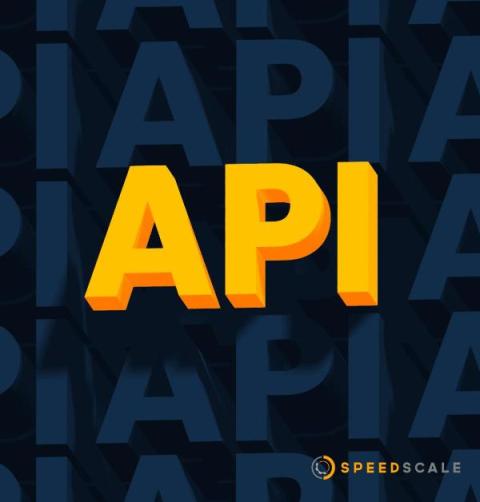Understanding Modern Development Environments: A Complete Guide
A development environment is a crucial setup of tools, configurations, and processes that developers use to build, test, and deploy software. Whether it’s a local setup on a developer’s local machine or a remote cloud-based solution, a development environment’s primary goal is to provide a seamless space where code can be written, tested, and executed efficiently. It’s never been more important to have a streamlined setup of cloud and development environments.











